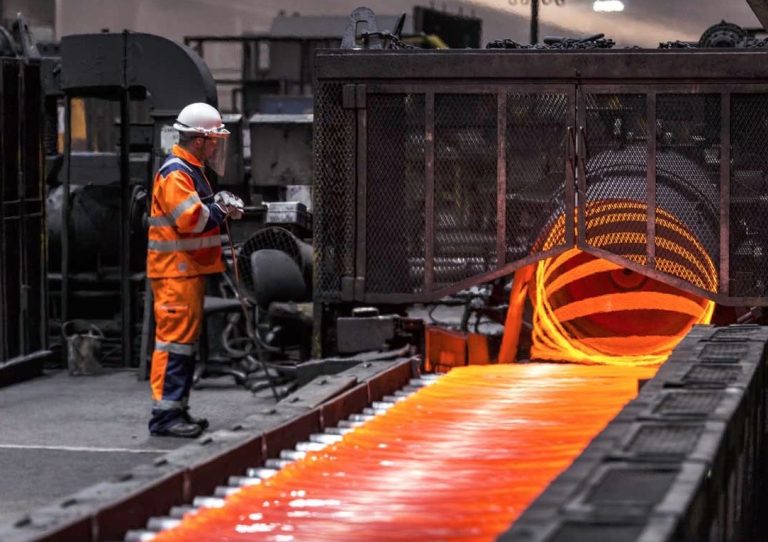
Britain was the birthplace of the Industrial Revolution and is now the world leader in deindustrialization. The power stations, refineries and steel plants that helped make Britain rich are now closing and being relocated abroad. [emphasis, links added]
High energy prices are weakening the industry and hurting households. Yet politicians are doubling down on the policies that got us to where we are today.
They say reducing carbon emissions must become a national priority. Clearly, we need to embrace a net zero future, no matter the cost to our economy.
Businessman and venture capitalist Jon Moynihan is a fierce opponent of today’s green anti-growth consensus. he joined Brendan O'Neill Show Discussing his new book last week, Returning to growth: How to fix the economy.
Below are edited excerpts from the conversation. Listen to the full content here.
Brendan O'Neill: Why did you think it was important to write this book?
Jon Moynihan: Looking back over the past few hundred years, growth has brought about the most extraordinary changes in people's lives. By historical standards, we now, at least in most parts of the world, live extremely prosperous, healthy, and long lives.
This was brought about by a series of events that began with the Renaissance, evolved into the Enlightenment, and developed into the Scientific Revolution. This led to the Industrial Revolution and Britain started weaving cloth which made us rich. We became the economic center of the world.
Then we moved from steam power in the mid-1800s to hydrocarbons, which was coal, and then oil. This resulted in another huge growth acceleration. Since then, the world has moved on to electricity, another leap forward, although still generated from hydrocarbons.
All these developments have brought about the most extraordinary improvements to the common people of this country. The most wonderful things are available to most of us, not to a few very wealthy people.
There are too many people today who don’t understand what growth is. This doesn't mean billionaires get richer or any other silly metaphor. It means a general increase in human happiness and achievement around the world.
O'Neill: How does the net zero agenda threaten this progress?
Moynihan: You can look at the case for net zero from a number of angles. You might start with this question: Will putting carbon into the air cause global warming? Many people say it is.
Then you can ask: Are things as bad as people claim? Science tells us no – it can’t be that bad. If people still want to block it, that's okay.
But is anything we do in the UK effective in reducing the amount of carbon released into the atmosphere? No, it's not.

Campaigners then argued that by pursuing net zero emissions we could set an example for the world and other countries would follow our lead. This is similar to the March for Nuclear Disarmament in the 1950s.
Some well-intentioned people say they want to unilaterally destroy our nuclear bombs, thinking the world will follow us. No one will follow us.
If we move towards net zero, guess what? No one will follow us. The UK’s carbon emissions are less than one per cent. Meanwhile, China is building two new coal-fired power plants every week. There are 100 or more every year.
If you want to reduce the amount of carbon in the world, then you should mine and use hydrocarbons wherever possible in the UK. We use clean technologies to use these hydrocarbons – whether in steelmaking, car manufacturing or oil drilling.
If we don't produce something, factories close and manufacturing moves to China, where factories use dirty technology and produce more carbon. If you truly believe we must reduce the amount of carbon in the atmosphere, then abandon net zero emissions as soon as possible.
France has long had emissions well below those of almost all developed countries. Because it built 60 nuclear power plants.
We are also on track to do this. And then suddenly we find ourselves completely shackled by regulations. The bottom line is that it costs more than four times more to build a nuclear power plant in the UK than in South Korea.
Read the rest of Spiked Online
